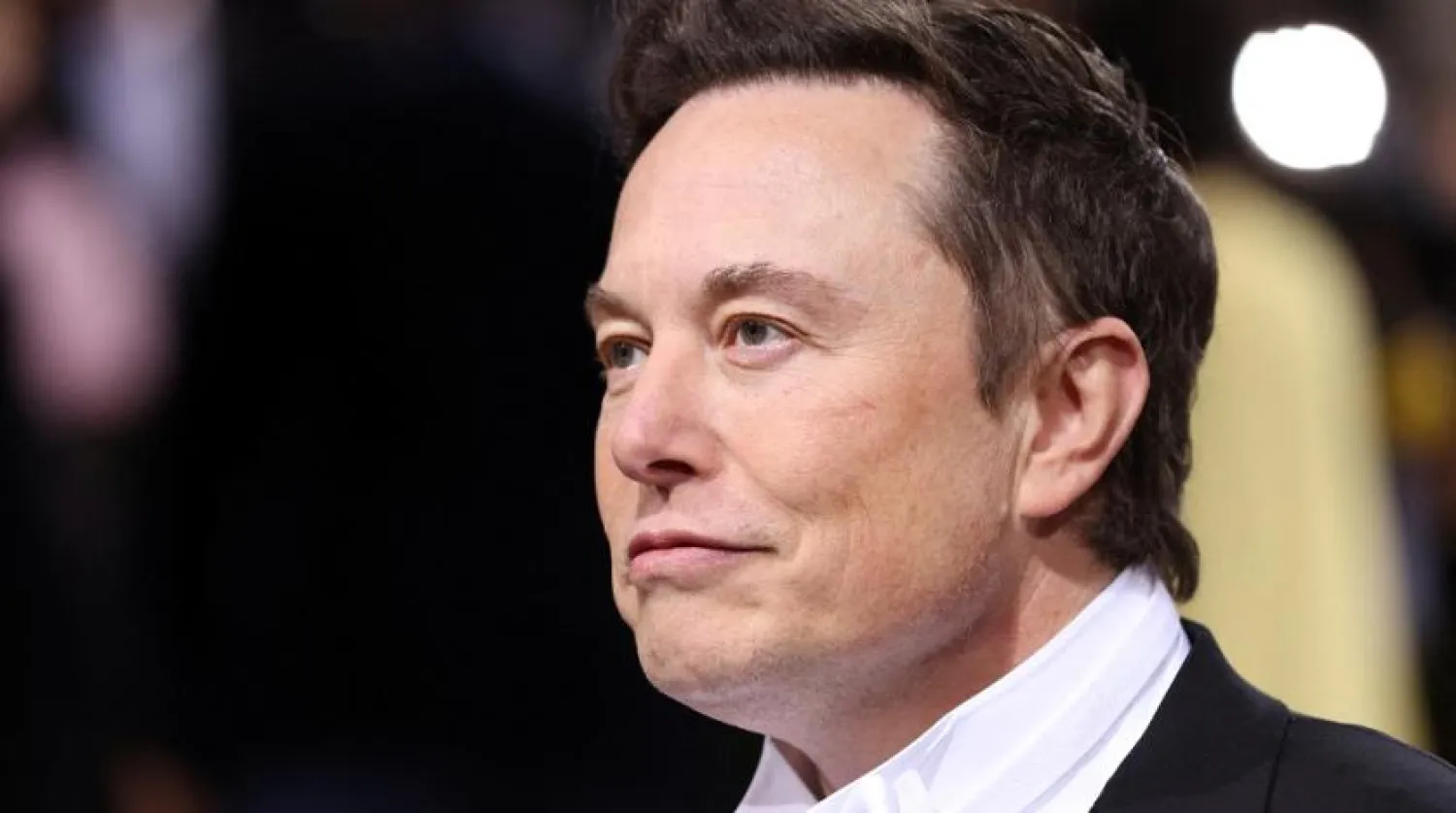Billionaire Elon Musk has called US media "racist" after multiple American newspapers announced they would stop publishing a popular comic strip whose creator called Black people a hate group.
Musk, who owns electric car company Tesla and social network Twitter, tweeted Sunday in response to an article about a rant by Scott Adams, creator of the long-running "Dilbert" -- a satirical take on office life, AFP said.
"For a *very* long time, US media was racist against non-white people, now they're racist against whites & Asians," Musk wrote on the social network, where he has reinstated users banned for hate speech.
"Same thing happened with elite colleges & high schools in America. Maybe they can try not being racist."
Under Musk's leadership, Tesla has been hit with multiple lawsuits alleging racism and researchers say Twitter has seen a rise in hate speech.
Adams, like Musk, has increasingly stoked controversy with his views on social issues.
But a video posted on Wednesday -- in which Adams referred to Black people as a "hate group" -- proved to be the last straw for many "Dilbert" publishers.
"That's a hate group and I don't want anything to do with them," he said.
"Based on the current way things are going, the best advice I would give to white people is to get the hell away from Black people."
His rant was prompted by a recent poll by conservative-leaning Rasmussen Reports, whose results he said showed a slim majority of Black respondents agreed with the statement "It's okay to be white."
The USA TODAY Network, which operates hundreds of papers across the United States, said Friday it "will no longer publish the Dilbert comic due to recent discriminatory comments by its creator."
Chris Quinn, the editor of The Plain Dealer in Cleveland, Ohio, said it "was not a difficult decision" for his paper to drop the comic strip.
"We are not a home for those who espouse racism," Quinn added.
MLive Media Group -- which runs eight Michigan-based publications -- said it had "zero tolerance for racism," and would drop Adams's strip because of his "unapologetically racist rant."
The Washington Post said Saturday it would drop the cartoon from its pages "in light of Scott Adams's recent statements," though it was too late to stop the strip from being published in the weekend's print editions.









